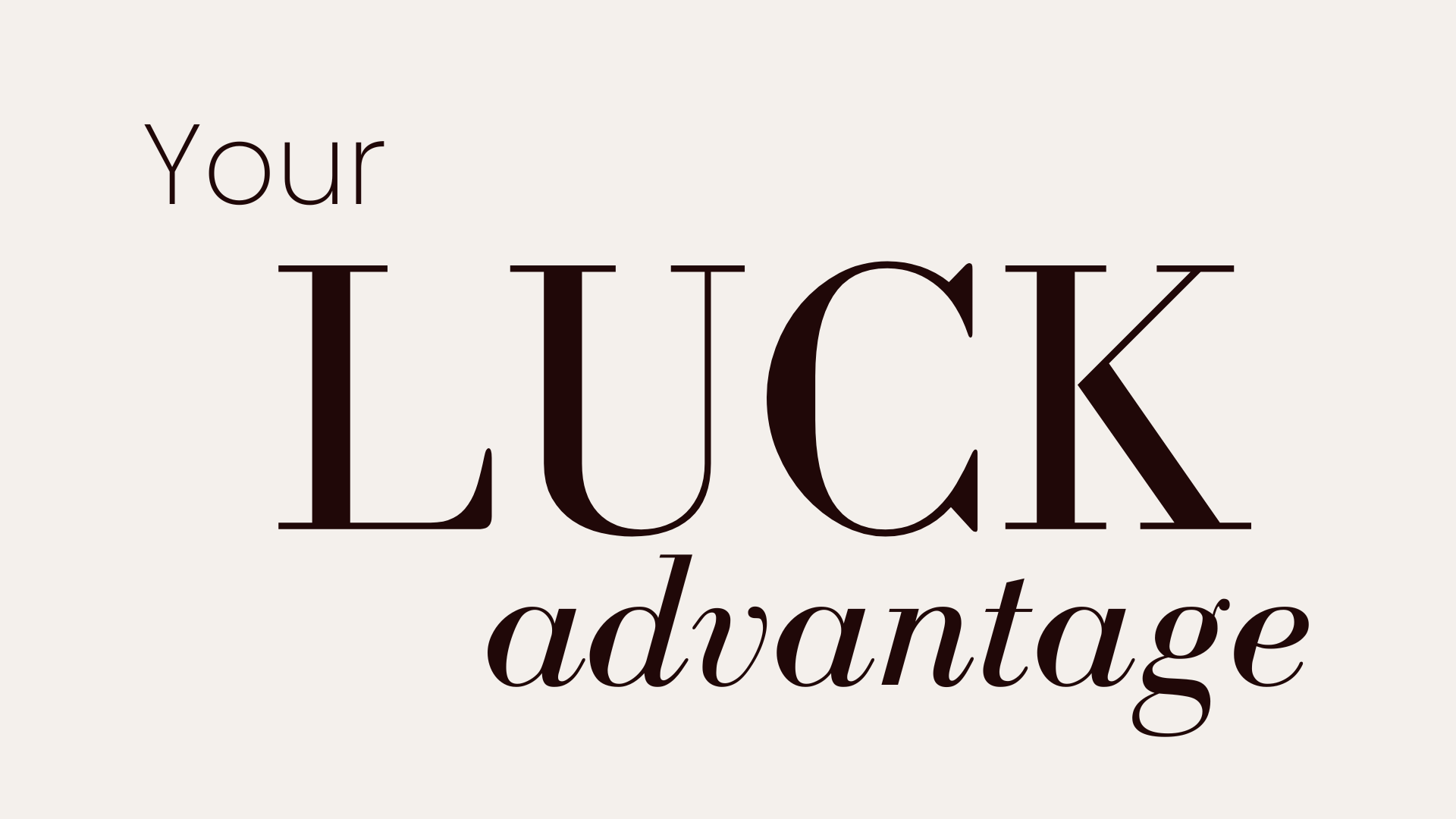10 Reasons Why Personal Branding is Critical for Business Leaders
You already have a personal brand. Personal branding is simply choosing to be intentional about what it represents.
Welcome to my blog. I’m Dianne, Personal Brand Coach for emerging leaders and entrepreneurs.
For 15 years I gained learning and experience in marketing, communications and business. I’ve led brands in entertainment, sport, retail and education. And am now on a mission to make business personal through the power of personal branding.
I’m writing this blog to share the hidden treasures of branding with you. To help you get clarity and confidence in your personal brand, so you can leave a legacy you’re proud of.
As a personal brand coach, I often get asked why personal branding is important. So, if you’re just starting your intentional personal brand journey, here are my top takeouts.
1. You already have a personal brand
Whether you choose to care about it or not, you already have a personal brand.
Your personal brand is:
What people think about you
How you make them feel
What they say about you (especially when you’re not in the room)
How they remember you
So, personal branding is simply choosing to be intentional about what it represents.
2. You’re already the Creative Director of your personal brand.
25 years ago, Tom Peters revolutionised the business world. He first coined the term ‘personal brand’ in his article for Fast Company, The Brand called You. In it, Peters affirmed what has always been true. You’re already the CEO or Head of Marketing of your own brand.
In my personal brand coaching, I also use the term Creative Director. So, it speaks to your creative control over your brand.
Whether it's CEO or a Creative Director, these are not titles to be taken lightly.
3. If you don’t take control of your personal brand, others will
If you don’t define your personal brand, others will do it for you.
You can absolutely leave your personal brand up to fate. But as branding legend, Donald Miller says, ‘fate is a terrible writer’.
Creative leadership is the future. Personal branding equips you to arrive with a creative edge. With a clear and confident personal brand, both your personal and business value benefit.
4. Your personal brand is good for business
Research shows when a person shares a brand message, it’s likely to achieve more than 500% greater reach than when the brand shares it.
A Nielsen study also showed that 33% of people trust brand messages. While 90% of people trust recommendations from someone they know.
Personal branding for you and your teams is the outward expression of your values. And it’s our values that unite us. Business is personal. People connect with people. People buy from people. Personal connections build brand trust.
5. Your personal brand shares your story
Branding is Storytelling. In a noisy marketplace, personal branding asks what your authentic story is saying.
This isn’t new. Humans have used storytelling for tens of thousands of years. We have been evolutionarily hardwired to make sense of our experiences through storytelling.
6. Your personal brand defines your brand purpose
In my personal brand coaching, I define the following as key drivers of a personal brand:
Cores values
Beliefs
Skills and interests
Brand vision, mission and promise
Unique value proposition
Key messages
Like in business, personal branding requires you to move with purpose toward a vision. In doing so, it creates the compass for your decision-making.
7. Personal branding defines your market positioning
Your unique experience, skills and interests position you to help solve a specific problem.
Personal branding asks you to understand what problem you’re helping solve. To have a clearly defined niche. One that only your distinguished capability can fulfil.
8. Personal branding builds consistency
In branding, inconsistency is the quickest way to break brand trust. So, consistency becomes critical.
Personal branding challenges you to show up on-brand through all your impressions. Your brand purpose becomes your True North. Your guide, particularly at times when brand resilience becomes critical.
Personal branding also aligns you with people and organisations consistent with your values.
9. A personal brand focus builds a service mindset
No matter what your title or industry - or even if you have neither, your personal brand is a service. It asks you to use your personal capability to help serve others.
Understanding your personal brand as a service requires you to set service standards. Just as a corporate brand would. While also defining measures of success for your performance.
10. Creating a legacy to be proud of
Personal branding is more than any superficial connotations associated with the term. It’s the outward expression of what is deeply internal to your authentic self.
In summary, your personal brand is what people think about you. How you make them feel. What they say about you (especially when you’re not in the room). And how they remember you. So, whether you’ve left a room or this world, a personal branding mindset helps create a legacy to be proud of.
So, what personal brand legacy are you building?
PS. Next week, I’m sharing a personal story behind my inextricable connection with legacy.




